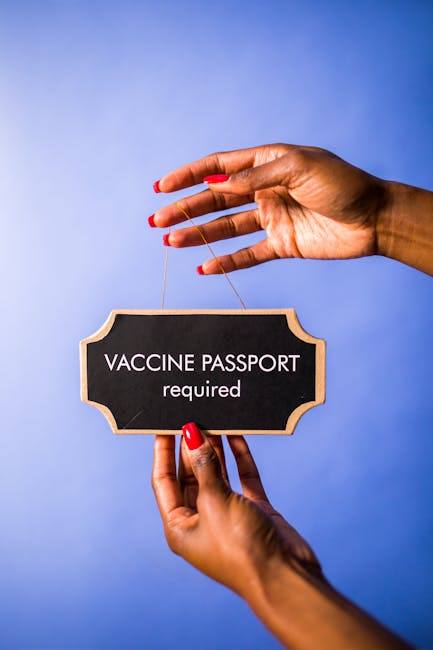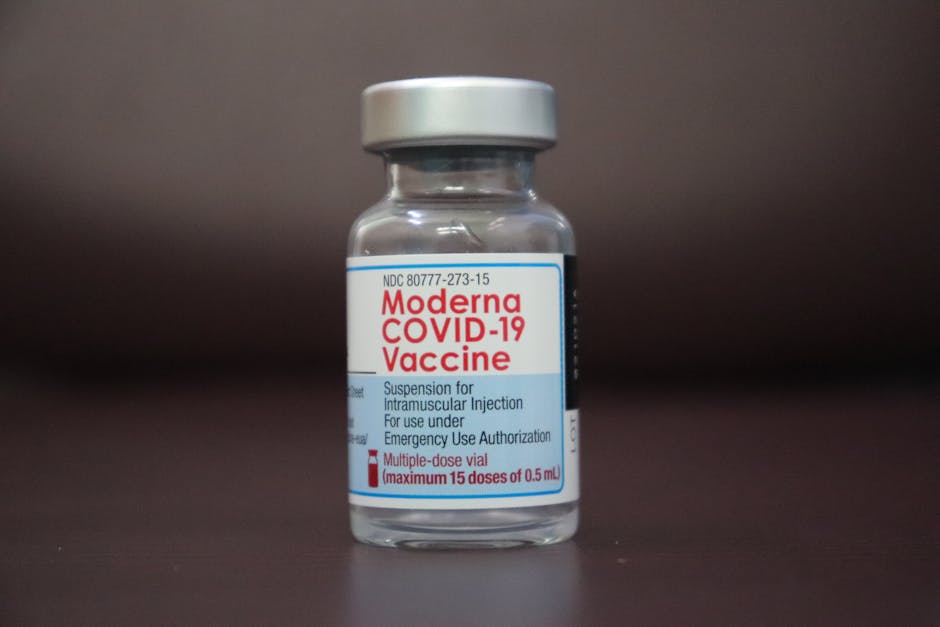FDA COVID-19 Vaccine Warnings: Understanding the Risks and Benefits
The COVID-19 pandemic prompted the rapid development and deployment of several vaccines, a monumental achievement in medical history. However, like all medications, COVID-19 vaccines carry potential risks and side effects. The Food and Drug Administration (FDA) plays a crucial role in monitoring these vaccines and issuing warnings when necessary. This comprehensive guide explores FDA COVID-19 vaccine warnings, helping you understand the associated risks and benefits to make informed decisions about vaccination.
Understanding the FDA’s Role in Vaccine Safety
The FDA’s mission is to protect public health by ensuring the safety and efficacy of medications, including vaccines. Before authorizing any vaccine for emergency use or full licensure, the FDA conducts rigorous reviews of clinical trial data to assess its safety and effectiveness. This process involves evaluating potential risks and benefits and weighing them against the potential risks of contracting COVID-19. Even after authorization, the FDA continues to monitor the safety of vaccines through post-market surveillance, collecting and analyzing data on adverse events reported after vaccination.

The Vaccine Adverse Event Reporting System (VAERS)
A key component of post-market surveillance is the Vaccine Adverse Event Reporting System (VAERS). VAERS is a passive surveillance system, meaning it relies on individuals and healthcare providers to report suspected adverse events following vaccination. While VAERS reports don’t necessarily indicate a causal relationship between the vaccine and the reported event, they are valuable for identifying potential safety signals that warrant further investigation by the FDA.
Common FDA COVID-19 Vaccine Warnings and Side Effects
While generally safe and highly effective, COVID-19 vaccines can cause side effects. These side effects are usually mild and temporary, such as pain at the injection site, fatigue, headache, muscle aches, and fever. However, more serious adverse events, though rare, have also been reported.

Common Side Effects:
- Pain, redness, or swelling at the injection site
- Fatigue
- Headache
- Muscle aches
- Chills
- Fever
- Nausea
Rare but Serious Side Effects:
Some rare but serious side effects have been associated with certain COVID-19 vaccines. These include:
- Myocarditis and Pericarditis: Inflammation of the heart muscle (myocarditis) and the lining around the heart (pericarditis) have been reported, particularly in younger males after receiving mRNA vaccines (Pfizer-BioNTech and Moderna). The FDA has issued warnings about this risk and continues to monitor the situation.
- Thrombosis with Thrombocytopenia Syndrome (TTS): This rare but serious condition involves blood clots with low platelet counts and has been primarily associated with the Johnson & Johnson/Janssen vaccine. The FDA has issued specific warnings and guidelines related to this risk.
- Allergic Reactions: Severe allergic reactions (anaphylaxis) are rare but can occur after any vaccination. Individuals with a history of severe allergic reactions should discuss vaccination with their healthcare provider.
- Guillain-Barré Syndrome (GBS): While rare, some reports of GBS have been linked to certain COVID-19 vaccines. The FDA continues to monitor this potential association.
Interpreting FDA Warnings and Making Informed Decisions
The FDA’s warnings should be interpreted in context. The benefits of COVID-19 vaccination significantly outweigh the risks for the vast majority of individuals. The rare serious side effects, while concerning, are exceptionally uncommon compared to the overall number of people vaccinated. Moreover, the risk of severe illness, hospitalization, or death from COVID-19 is far greater than the risk of serious adverse events from vaccination.
Factors to Consider:
- Your Age and Health Status: Certain age groups or individuals with specific pre-existing conditions may have a slightly higher risk of certain side effects. Discuss your individual risk factors with your doctor.
- Vaccine Type: Different COVID-19 vaccines have different safety profiles. Your doctor can help you choose the vaccine most appropriate for your situation.
- Severity of COVID-19 in Your Community: The risk of contracting COVID-19 and experiencing severe illness varies depending on community transmission rates. Higher transmission rates increase the benefits of vaccination.
Staying Informed and Reporting Adverse Events
Staying informed about FDA updates and warnings regarding COVID-19 vaccines is crucial. Regularly check the FDA website and other reputable sources for the latest safety information. If you experience any adverse event after receiving a COVID-19 vaccine, report it to VAERS. Reporting helps the FDA monitor vaccine safety and identify potential problems.
Where to Find Reliable Information:
- FDA Website: The FDA’s website provides up-to-date information on COVID-19 vaccines, including safety information and warnings.
- Centers for Disease Control and Prevention (CDC): The CDC provides comprehensive information on COVID-19 vaccination, including recommendations and guidance.
- Your Healthcare Provider: Consult your healthcare provider for personalized advice regarding COVID-19 vaccination.
Conclusion
The FDA’s role in monitoring the safety of COVID-19 vaccines is vital for public health. While the vaccines have shown remarkable effectiveness in preventing severe illness, hospitalization, and death, they do carry potential risks. Understanding these risks, as outlined in FDA warnings and communicated by your healthcare provider, is crucial for making informed decisions about vaccination. Remember that the benefits of COVID-19 vaccination generally far outweigh the risks for most individuals. By staying informed and reporting adverse events, we can continue to ensure the safe and effective use of these life-saving vaccines.

